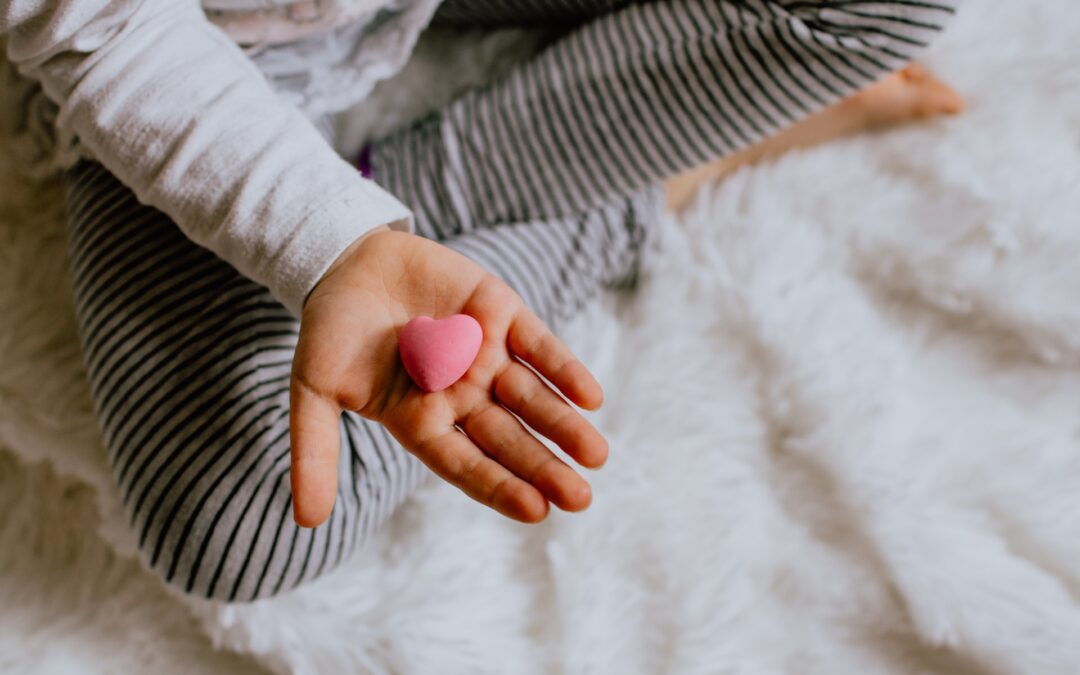When our daughter died, there was no warning or opportunity to say goodbye. In a matter of hours on a Wednesday afternoon in September, we were completely and utterly devastated. Actually, there are no words that can adequately describe how the horror of that day felt.
After a long, sleepless night, the next morning we oscillated between crying hysterically and sitting quietly in disbelief. We just wanted the nightmare to end and find our daughter still alive. But of course, it didn’t and the phone started ringing as the news of her death began to spread.
One was a call from an organ donation organization. My husband handed me the phone and said whatever my decision was, he was okay with it. At the time of the call, I had been in the state of quiet disbelief. And this call was all too real.
The woman started off by saying how sorry she was that our daughter had died, and then asked if we would consider donating her heart valves and corneas.
My first question was whether this decision could wait. If I still couldn’t really comprehend what had happened the day before, how could I make a decision like this? She said unfortunately no, it could not wait. If we were to agree to the donation, the procedure to remove them from her body would have to be performed that day or the next — as soon as the autopsy was finished.
Ever since I had understood what being an organ donor meant, I had decided to be one. My driver’s license has always had the donor sticker on it. But choosing for yourself is an entirely different matter than choosing for someone else. Especially someone who was not supposed to die. Someone who was supposed to outlive me by half a lifetime.
Ultimately, I decided to allow the donations. If anyone had a chance to benefit from my daughter’s death, I’d rather it be this way.
The woman on the other end of the phone led me through a series of questions she was obligated to ask. Though most of them were written for adults rather than a four-year-old girl. At the end of the questions, she asked if we would like to be notified if my daughter’s heart valves or corneas were used. I said yes, absolutely. Then I asked how much time they had to use them. She said the corneas would have to be transplanted within a few weeks, but the heart valves could be frozen for up to two years.
Over the next few years, we got occasional mail from the organ tissue donation organization. The mailings ranged from information on how to cope with grief to heartfelt hand written notes on her birthday and anniversary. They were greatly appreciated.
And yet, there was never any word that anything had been transplanted.
At the second anniversary of her death we got a written notice that we would no longer receive the letters and cards. But it said if we needed any support we could always reach out to them. A few weeks later, I decided to call the woman, Maggie, who had written the birthday and anniversary notes just to ask one last time whether anything had been used. It was now the end of the two years of viability of her heart valves. In the conversation, Maggie informed me that heart valves could be frozen up to five years (not two). She said she would research our daughter’s records and get back to me.
A few weeks later — shortly before Thanksgiving — I got a call back from Maggie. She informed me that one of our daughter’s heart valves had been sent to a recipient, but there was no record of it being used. She said the fit has to be exact, so sometimes they are requested but not used.
Maggie then told me that one of her heart valves had, in fact, been transplanted into a 6-month old boy in California, our home state.
My eyes filled with tears. I choked up as I asked if the transplant had been successful and if the little baby had lived? Was there any way to find out who the family was? She said unfortunately we could not get the information due to privacy rules. If the family of the baby boy wanted to reach out to the donor family, they could, but it didn’t work the other way. I thanked her and hung up the phone in disbelief.
I’ll probably never know who this little boy is or whether he survived. But I am filled with gratitude that our daughter was able to give someone else the ultimate gift: a second chance at life. I choose to believe this beautiful little boy will live a long, strong, and healthy life. And I choose to believe he will live it with a deep appreciation of life, love, and the kindness of strangers. I know our daughter would have wanted it that way.


 This website was inspired by the memory of Margareta Sol Kubitz in hopes of helping others work through the pain of grief.
This website was inspired by the memory of Margareta Sol Kubitz in hopes of helping others work through the pain of grief.